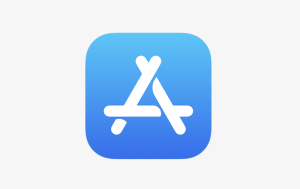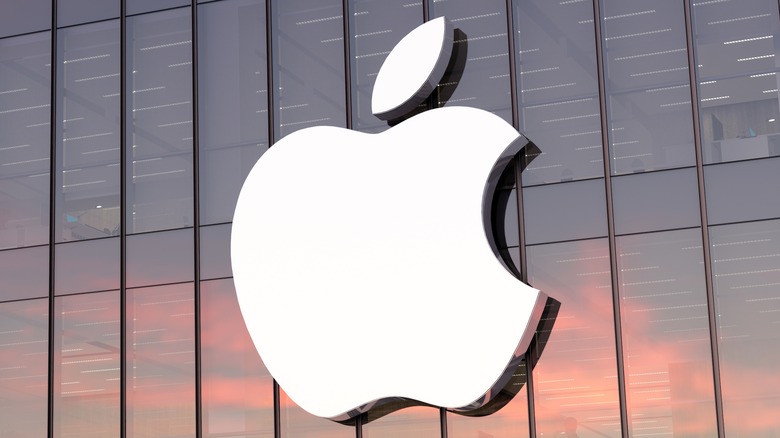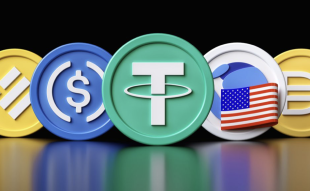Join Our Telegram channel to stay up to date on breaking news coverage
US lawmakers Gus Bilirakis and Jan Schakowsky wrote to Apple CEO Tim Cook seeking an explanation of the company’s app store policies on new-age technologies like blockchain, non-fungible tokens (NFTs) and other distributed ledger technologies (DLTs).
CRYPTO BREAKING NEWS
US Lawmakers Send Letter to Tech Giant Apple About Cryptocurrency, Blockchain and NFTs!. Two US legislators have sent a letter to Apple’s CEO, Tim Cook, questioning the company’s App Store rules. The letter expressed concerns about the… check us out @… pic.twitter.com/3qVOLvbAIk— InnovatekMobile (@Neome_com) July 29, 2023
The letter indicates a concern that Apple’s current policies might pose a significant hurdle to America’s pursuit of maintaining a leadership position in emerging technologies. They argue that the stringent rules applied to apps that leverage blockchain technology and NFTs may undermine the US’s progressive position in the tech landscape.
Decoding the Concerns Raised
Gus Bilirakis and Jan Schakowsky, Chairman and Ranking Member of the bipartisan House Subcommittee on Innovation, Data, and Commerce, respectively, believe that the current App Store guidelines are not conducive to fostering an environment of technological innovation. They have described the policies as too prohibitive, leading to many limitations and restrictions on how certain applications can operate within the app store, further hampering the end-users experience.
In their letter, Bilirakis and Schakowsky have requested Apple to explain its App Store Guidelines and the extent these guidelines limit innovation and American technology leadership. In this context, here is the exhaustive list of demands penned in the letter:
- Status of Apple’s plans to introduce “sideloading” in future iOS updates.
- A detailed explanation of Apple’s App Store admission policies
- Apple’s proactive auditing of apps for compliance with App Store policies, the frequency of such audits, and their reaction to user flags.
- The steps Apple takes when an app is found violating its policies.
- Whether Apple reviews foreign ownership of each app before admitting it to the App Store and the process for vetting potential foreign relationships.
- Whether Apple plans to build apps using blockchain or related technologies.
- Whether Apple has explored using the smartphone’s “secure element” to enhance blockchain innovation and secure users’ information.
- Information about the automated tools used for app reviews
- Apple’s policies on pending app reviews
- How App Store reviews are prioritized, particularly if apps supporting in-app purchases receive priority.
- Availability of escalation mechanisms for reviews affecting 3rd party developers.
- Availability of human POCs for app reviews and the qualification criteria for this access.
- Request for an explanation about Apple’s establishment of an “App Review Fast Track” for Chinese tech giant Baidu and the measures in place to ensure transparency in the fast-tracking process.
- What are the evaluation criteria for cases that are escalated to the App Review Executive Review Board (ERB)
- Information about the participants and processes of the App Review Executive Review Board (ERB).
- Whether Apple limits the methods an app can use to contact its customers through channels Apple does not control, and if so, why.
A Hint Towards Market Manipulation
In the letter, Bilirakis and Schakowsky hinted that Apple’s stance on its app store policies is causing market manipulation. The lawmakers suggest that the tech giant is leveraging its dominant position to impose restrictions that disproportionately affect competitive players in the market, giving Apple an undue advantage.
Apple has been dealing with similar allegations for quite some time now. Last year, Coinbase, one of the largest crypto firms in the world, accused that it had to suspend NFT transfers from its wallet app on iOS. In this case, Apple’s app store policy mandated Coinbase to pay a 30% commission on the gas fees. Moreover, Apple has directed several other firms to release a lite version of their applications if they wish to exist on the App Store. Axie Infinity is one such example where the company had to release a limited version of its application on the app store that lacked its core NFT mechanisms. The US House representatives have mentioned all these instances in their letter to Tim Cook.
Over the years, Apple has maintained that its stringent App Store policies are driven by a commitment to user security. They argue that the rules governing the admission and retention of apps in their platform are in place to ensure the safety and privacy of millions of users worldwide.
Related
- Binance’s Dubai-based subsidiary received Operational MVP License from VARA
- Google Play Opens Doors to NFTs
- Best Cryptos to Buy
Best Wallet - Diversify Your Crypto Portfolio
- Easy to Use, Feature-Driven Crypto Wallet
- Get Early Access to Upcoming Token ICOs
- Multi-Chain, Multi-Wallet, Non-Custodial
- Now On App Store, Google Play
- Stake To Earn Native Token $BEST
- 250,000+ Monthly Active Users
Join Our Telegram channel to stay up to date on breaking news coverage



